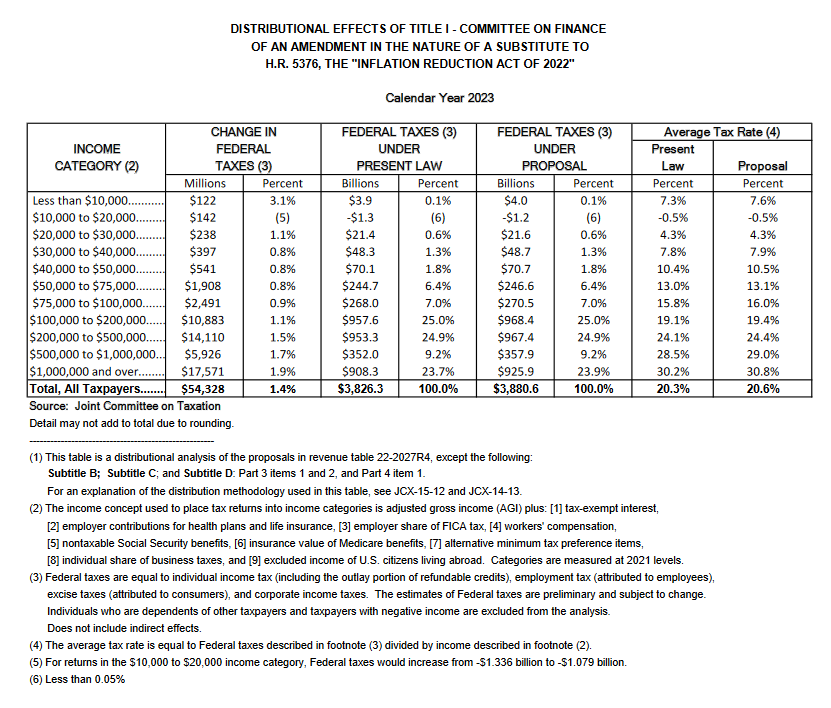With rising (finally) interest rates in Europe, European governments are starting to hatch what they’re pleased to call windfall tax plans.
European banks have started to reap higher profits from rising interest rates—and governments are already starting to clamp down on them.
In Spain, the government has laid out plans to tax lenders on their rising income and use the money to alleviate higher living costs for the population. Hungary has imposed a similar measure, and the Czech Republic, where inflation is above 17%, is also considering such a move. In Poland, where mortgages carry variable rates that are quickly rising, the government placed a moratorium on repayments to help borrowers.
Nor is this tax hatch limited to banks.
In other areas too, European governments are acting quickly when judging companies to be earning abnormally large profits. The UK has said it would introduce a windfall tax on energy companies, and Spain is imposing a similar levy as well as the new tax on banks.
Usw.
As usual, I have questions.
Define “windfall.” No glittering generalities, what constitutes a windfall profit, and based on what economic theory?
When does a windfall profit stop being windfall and becomes the normal level of profit? Again, no glittering generalities; be specific.
Related to that: discriminate between the new, reasonably steady state level of profit and “excess profit.” To do this discrimination it is, of course, necessary to define “excess profit,” with that definition devoid of glittering generalities and supported by clearly identified economic theory.
Back to windfall profit becoming the normal profit level. Does that recognition necessarily mean the prior “windfall” assessment was mistaken? If so, would that mean that the money collected as windfall taxes were mistakenly collected and a refund owed?
And finally, how many politicians will confront those questions? How many of those actually will offer concrete, measurable answers?

